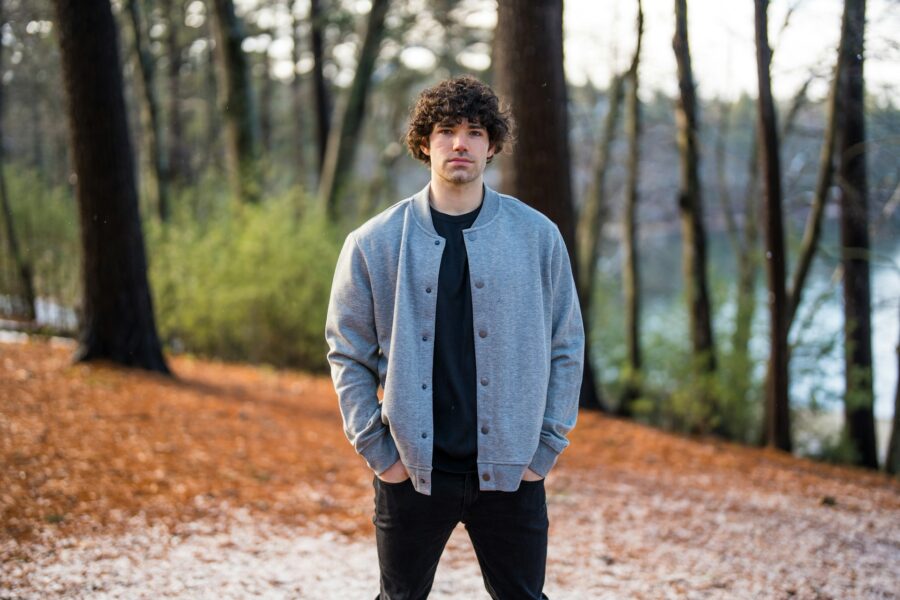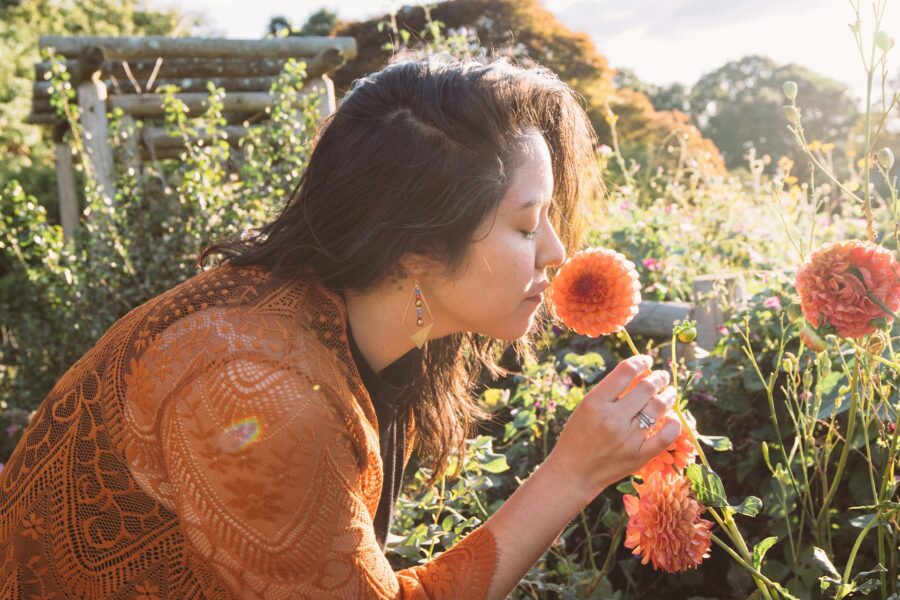
It’s a strange thing to admit, but sometimes, kindness can feel more uncomfortable than criticism. A compliment lands and you brush it off. Someone’s gentle with you and your first thought is, “What do they want?” You’re not ungrateful. You’ve just been wired to be wary. If you find yourself flinching at care, pulling back from soft attention, or assuming the worst when people show up for you, there’s probably a good reason. Here’s what might be going on underneath, and how to start letting kindness in without needing to brace for impact.
You’re used to love being transactional.
If you grew up in an environment where affection had strings attached — praise when you performed, attention when you were useful — then kindness may not feel safe. It feels like something that comes with a cost. So when someone gives without asking, it can leave you feeling suspicious, even anxious. Part of healing is learning that real care doesn’t always come with a catch, and you don’t have to earn it to deserve it.
You’ve had people weaponise softness.
For some, kindness was the opening act before control. A warm tone followed by guilt. A favour followed by manipulation. That kind of emotional bait-and-switch teaches your brain that gentleness isn’t trustworthy. So even when someone’s being genuine, you might feel on edge. It takes time, and repeated proof, to retrain yourself to see kindness as safe instead of suspicious.
You struggle with feeling worthy.
Compliments can feel jarring when deep down, you don’t believe you deserve them. If someone treats you with care and your self-esteem doesn’t match it, it can create emotional friction. That discomfort isn’t arrogance or rejection; it’s misalignment. The way forward isn’t to fake confidence, but to calmly practise receiving without shrinking, one small thank you at a time.
Your nervous system isn’t used to safety.
If you’ve spent years in survival mode, any emotional change, even into calm or care, can feel unfamiliar. Your system’s been trained to look for danger, not rest. So, kindness might feel like a trap, not a gift. The work here isn’t to force trust overnight. It’s to sit with small moments of safety and let your body slowly adjust to the idea that it’s allowed.
You expect kindness to be temporary.
When you’ve been let down a lot, even good moments can feel like ticking clocks. You’re waiting for the mood to change, for the warmth to cool, for the rug to be pulled out from under you. This can keep you emotionally guarded even in healthy relationships. One of the hardest things to accept is that some people mean what they say, and that kindness, in the right hands, is steady, not fleeting.
You feel like you have to match it.
Kindness can trigger pressure—the need to be just as thoughtful, responsive, generous. And if you’re tired, burnt out, or emotionally stretched, that can feel overwhelming. The thing is, kindness isn’t a performance to keep up with. The people worth trusting don’t tally it up. Let it in without making it a debt to repay.
You don’t know how to receive.
Giving might come naturally—it’s where you feel in control, useful, safe. But receiving? That’s vulnerable. That means admitting need, letting someone in, and softening when you’ve spent years staying strong. That discomfort doesn’t make you unkind. It just means you’re learning. Start with small acceptances—a compliment, a favour, an “I’ve got this”—and let them land without apology.
You’ve mistaken kindness for pity.
Somewhere along the line, being cared for may have felt like being pitied, especially if you were treated as weak or incapable. So kindness became linked to condescension in your mind. However, genuine care doesn’t see you as less than. It sees you as human. Reframing how you interpret tenderness—not as a judgement, but as connection—is key to rebuilding emotional safety.
You’ve built your identity on independence.
If you’ve prided yourself on not needing help, kindness can feel like it threatens that identity. Being on the receiving end may trigger feelings of dependency or fear of looking weak. However, real strength isn’t about going it alone—it’s about knowing when to let someone walk beside you. Kindness isn’t a threat to your independence. It’s a reminder you don’t have to carry everything yourself.
You’re still grieving old versions of love.
Kindness can sometimes hit a nerve when it reminds you of how little of it you got before. Instead of feeling good, it stirs up sadness, anger, or regret over the care you never received when you needed it most. That grief is valid, and it doesn’t mean you’re broken. Let yourself feel both things at once: the beauty of present care, and the pain of past absence. You’re allowed to hold both truths without guilt.
You associate kindness with emotional debt.
If you were raised to feel like every good deed comes with a price, it’s hard to accept anything without looking for the catch. A compliment might feel like an IOU. A gift might come with a sense of obligation. Of course, kindness isn’t always currency. It can be a simple gesture—no strings, no expectations. Slowly unlearning that fear is what allows you to stop flinching and start receiving with ease.
You haven’t seen enough of it to trust it yet.
Ultimately, you might still flinch at kindness because it’s unfamiliar. It hasn’t been safe, consistent, or nourishing in your past, so your body doesn’t recognise it as something good yet. That will change, bit by bit. Every time someone shows up gently, every time you soften instead of tense, every time you receive without shame—your brain starts rewiring. And one day, you won’t flinch. You’ll smile.


